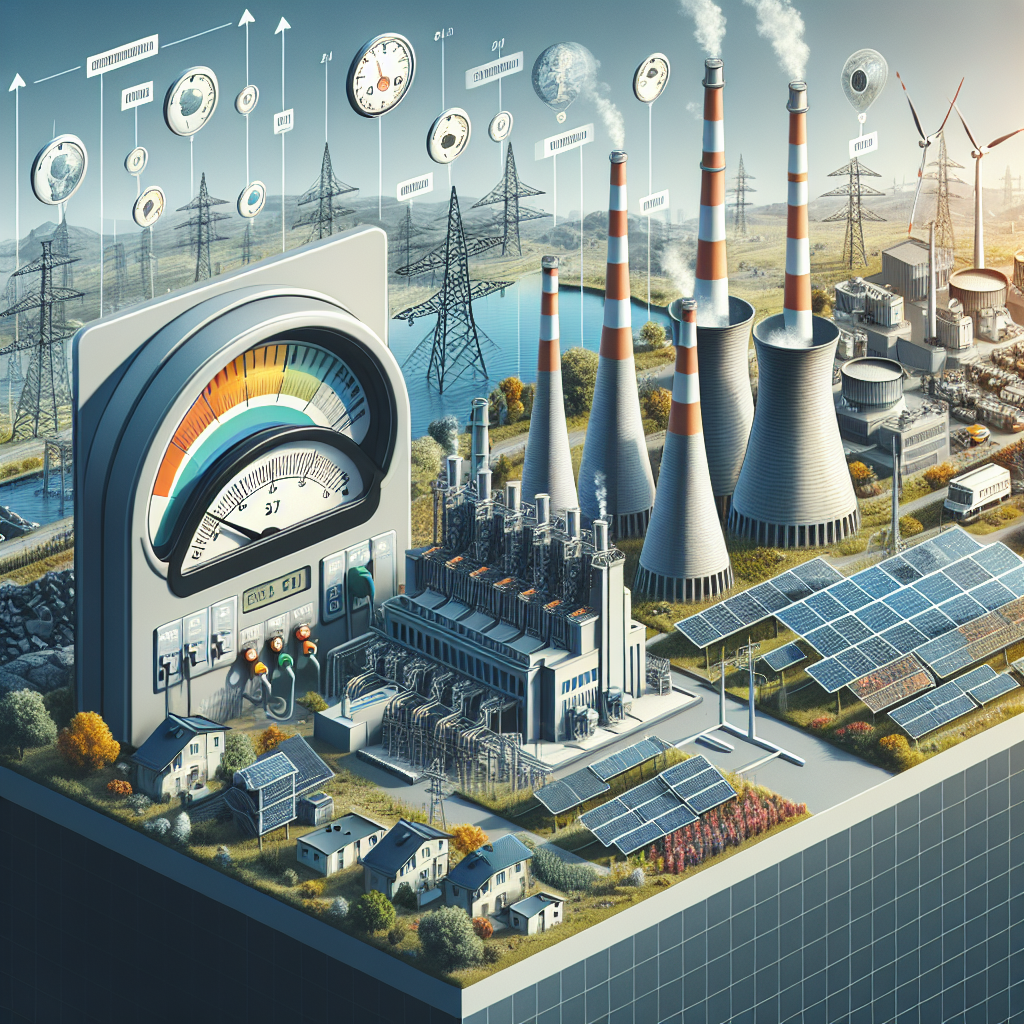India Charges Ahead: 777 GW Power Capacity by 2030
India is set to achieve a power generation capacity of 777 GW by 2030, with 64.4% from clean energy sources. The country aims for 500 GW of non-fossil-based capacity, meeting projected demands and aligning with international climate commitments.

- Country:
- India
India is poised to significantly increase its power generation capabilities, targeting a total capacity of 777 gigawatts by 2030. A substantial portion, 500 gigawatts, will be derived from clean energy sources, reflecting a strong commitment to renewable energy and reducing reliance on fossil fuels.
Minister of State for New & Renewable Energy, Shripad Yesso Naik, informed the Parliament that by 2029-30, clean sources will make up 64.4% of India's installed power capacity. This growth aims to meet the country's peak demand of approximately 335 gigawatts and an energy requirement of 2,279.7 billion units as outlined in the National Electricity Plan.
India is on track to become one of the largest producers of clean energy globally. Current non-fossil capacity stands at 211.40 gigawatts, including significant contributions from solar, wind, bio-power, hydro, and nuclear energy sectors. The government's efforts align with international promises made at COP26 to boost non-fossil fuel energy production.
(With inputs from agencies.)
ALSO READ
Ambuja Cements Launches 200 MW Solar Power Project, Eyes Major Green Energy Expansion
India's Clean Energy Vision: An Ambitious Transition by 2047
Andhra Pradesh's Clean Energy Policy-2024 Attracts Global Investors
Harnessing Sunshine: Solar Power Potential in Himachal Pradesh
Solar Power Boost: Himachal's Plan for Green Energy and Employment










